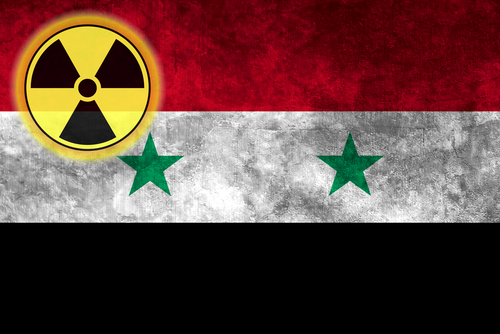
The executive council of the Organization for the Prohibition of Chemical Weapons’ (OPCW) voted to condemn the use of chemical weapons by the Syrian Arab Republic in 2017.
The vote followed an investigation by the OPCW Investigation and Identification Team (IIT), which concluded that there are reasonable grounds to believe that the Syrian Arab Republic used chemical weapons in Ltamenah, Syria, in March 2017.
The council expressed “deep concern” about the use of chemical weapons by the Syrian Arab Republic. The council concludes that the Syrian Arab Republic failed to declare and destroy all of its chemical weapons and chemical weapons production facilities. The council demands that the Syrian Arab Republic immediately cease all use of chemical weapons.
The council made a series of demands on Syria. First, it requires Syria to inform the OPCW’s Technical Secretariat, where the chemical weapons used in March 2017 attacks were developed, produced, stockpiled, and stored for delivery. Further, it must declare to the Secretariat all of the chemical weapons it currently possesses — including sarin, sarin precursors — as well as chemical weapons production facilities and other related facilities. Finally, the council asks Syria to resolve all of the outstanding issues regarding its initial declaration of its chemical weapons stockpile and program.
The OPCW Director-General will report to the council within 100 days on whether the Syrian Arab Republic has completed all of these measures. If the Syrian Arab Republic does not fully complete the measures set out in the decision, the council will vote to take the appropriate action.
Further, the council decided that the Technical Secretariat will conduct inspections twice a year at two sites identified in the IIT report as directly involved in launching chemical weapons attacks. These two sites are the Shayrat airbase and the Hama airbase of the Syrian Arab Republic.
Finally, the council reaffirmed that those individuals responsible for the use of chemical weapons must be held accountable and brought to justice.
The executive council of the OPCW consists of 41 members from the five regional groups of the OPCW. Overall, the OPCW includes representatives from 193 member states. The council promotes the effective implementation of the Chemical Weapons Convention (CWC), and compliance with it. Over 98 percent of all chemical weapon stockpiles declared by possessor states have been destroyed under OPCW verification. For its efforts, the OPCW received the 2013 Nobel Peace Prize.




